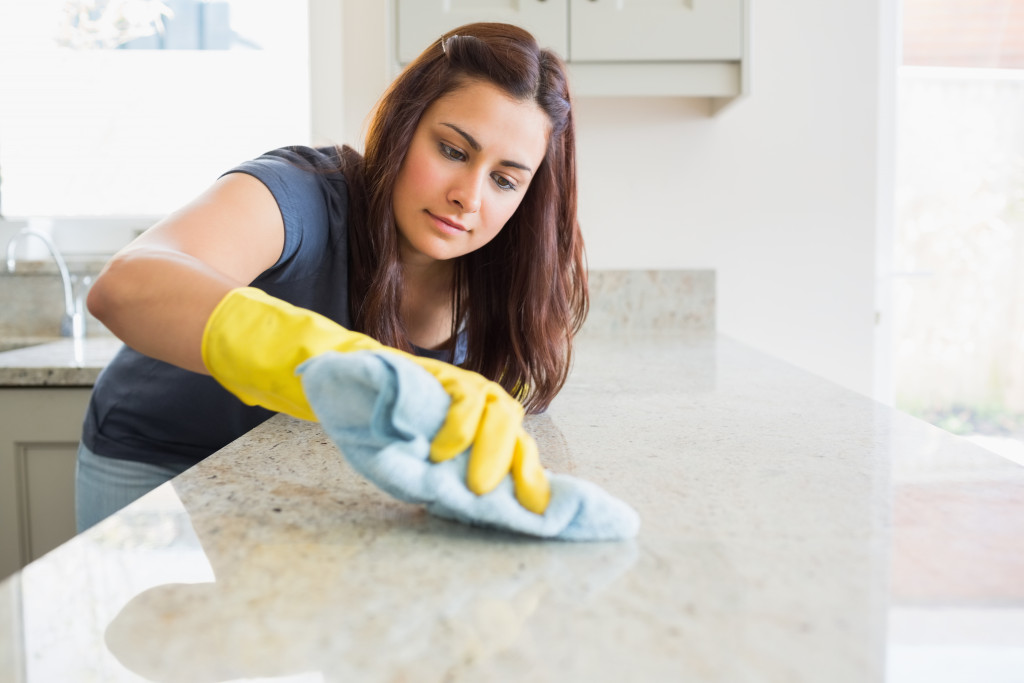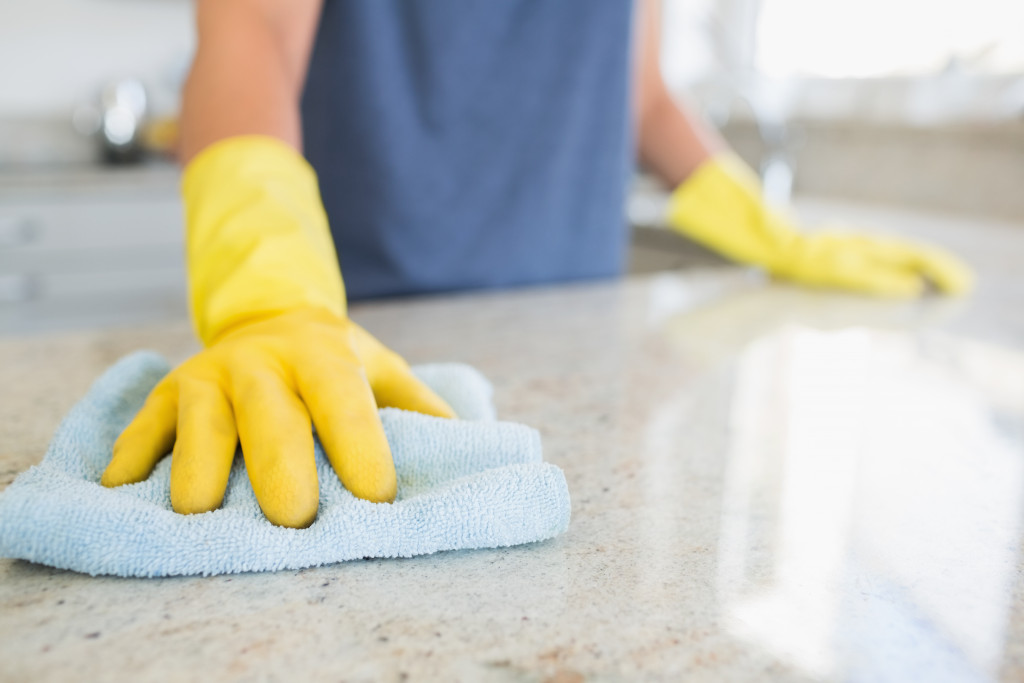Every day, you are faced with countless opportunities to come into contact with bacteria and viruses that can make you sick. To protect ourselves and our families, it is essential to practice good hygiene both inside and outside the home. Here are six tips for maintaining good hygiene at home
1. Wash Your Hands Often and Thoroughly
One of the best ways to protect yourself from getting sick is to wash your hands often and thoroughly. This entails lathering your hands with soap and water for at least 20 seconds and scrubbing all areas, including the backs of your hands, between your fingers, and under your nails. In the absence of soap and water, use a hand sanitizer with at least 60% alcohol.
You should wash your hands:
- Before and after making food
- Prior to eating
- After the use of the restroom
After you’ve blown your nose, coughed, or sneezed - After the disposal of garbage
2. Keep Your Home Clean
A clean house is a healthy house. To help prevent the spread of illness, it is important to regularly clean and disinfects surfaces in your home, especially those that are frequently touched, such as doorknobs, light switches, countertops, and handles.
It is important to take the trash out regularly and to clean up spills as soon as they happen. Consider hiring house clearance services to ensure that your home is clean and free of clutter. You should also deep clean your home regularly, such as once a week or a month.
3. Avoid Touching Your Face
Your hands come into contact with all sorts of surfaces throughout the day, which means they are also exposed to all sorts of bacteria and viruses. To avoid getting sick, it is important to avoid touching your face. This includes your nose, mouth, and eyes. If you must touch your face, first wash your hands.
In addition to washing your hands, you should also avoid sharing towels, dishes, and other personal items with others. Not only is this an excellent way to avoid getting sick, but it is also a good way to avoid spreading illness to others.
4. Practice Good Food Hygiene

Preparing and eating food are two more opportunities for you to come into contact with bacteria and viruses. To avoid getting sick, it is important to practice good food hygiene. This means washing your hands often, especially before handling food.
You should also wash fruits and vegetables thoroughly before eating them. And, if you are handling raw meat, cook it thoroughly and avoid cross-contamination by using separate cutting boards and knives.
5. Stay Up-to-Date on Vaccinations
No matter how clean you keep your house or wash your hands, there will always be some risk of exposure to illness. One of the best ways to protect yourself is to stay up-to-date on vaccinations. This includes the flu shot and other vaccinations, such as those for chickenpox and measles.
You should also make sure to keep your vaccinations up-to-date if you are traveling outside of the country. Some countries require proof of certain vaccinations before you are allowed to enter, so it is essential to research the requirements for any country you are planning to visit. Your doctor or a travel medicine clinic can help you stay up-to-date on all the vaccinations you need.
6. See Your Doctor Regularly
Even if you are taking all of the necessary precautions to avoid getting sick, there is always a chance that you will become ill. If you are feeling sick, it is important to see your doctor right away. This is especially true if you have a fever, are coughing up blood, or are having difficulty breathing. Here are some other signs that you should see a doctor:
- Body aches
- Chills
- Fatigue
- Loss of appetite
- Nausea or vomiting
- Shortness of breath
- Sore throat
If you are experiencing any of these symptoms, you must see your doctor as soon as possible. Early diagnosis and treatment can help you feel better and avoid complications. Even if you are not feeling sick, you must see your doctor for regular check-ups. This will help ensure that you are up-to-date on vaccinations and that any potential health concerns are caught early.
These are just a few of the many ways you can maintain good hygiene at home. These six tips for maintaining good hygiene at home can help protect yourself and your family from getting sick. Creating these healthy habits will go a long way in keeping you healthy all year round. So, what are you waiting for? Start practicing good hygiene today!
